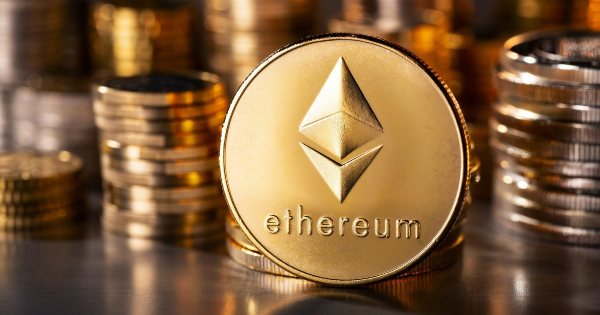In the ever-evolving landscape of blockchain technology, 以太幣價格 has emerged as a groundbreaking platform that extends beyond its cryptocurrency roots. Launched in 2015 by visionary programmer Vitalik Buterin, Ethereum introduced the concept of “smart contracts,” which are self-executing agreements with the terms of the contract directly written into code. This innovation laid the foundation for the development of decentralized applications (DApps) and opened up new possibilities across various industries.
At the core of Ethereum’s functionality is its ability to facilitate decentralized computing. Unlike traditional systems where a central authority maintains control, Ethereum operates on a distributed network of nodes, each contributing to the processing and verification of transactions. This decentralized approach not only enhances security by eliminating a single point of failure but also fosters a trustless environment where participants can interact directly without intermediaries.
The Ethereum ecosystem thrives on its native cryptocurrency, Ether (ETH), which serves as both a digital currency and a utility token. It fuels transactions within the network and incentivizes miners to validate and secure the blockchain. Ethereum’s transition from a proof-of-work (PoW) to a proof-of-stake (PoS) consensus mechanism, as part of its Ethereum 2.0 upgrade, aims to improve scalability, energy efficiency, and accessibility.
One of Ethereum’s most impactful contributions is the proliferation of decentralized finance (DeFi) applications. DeFi platforms offer traditional financial services such as lending, borrowing, trading, and yield farming, all conducted on the blockchain without intermediaries. This has the potential to democratize financial services globally, enabling access to capital and opportunities for individuals who were previously underserved by traditional banking systems.
Moreover, Ethereum has sparked a wave of innovation in the world of NFTs (non-fungible tokens). NFTs are unique digital assets representing ownership of items such as art, collectibles, and even virtual real estate. These tokens are bought, sold, and traded on the Ethereum blockchain, opening up new avenues for creators and collectors to engage in a borderless digital economy.




